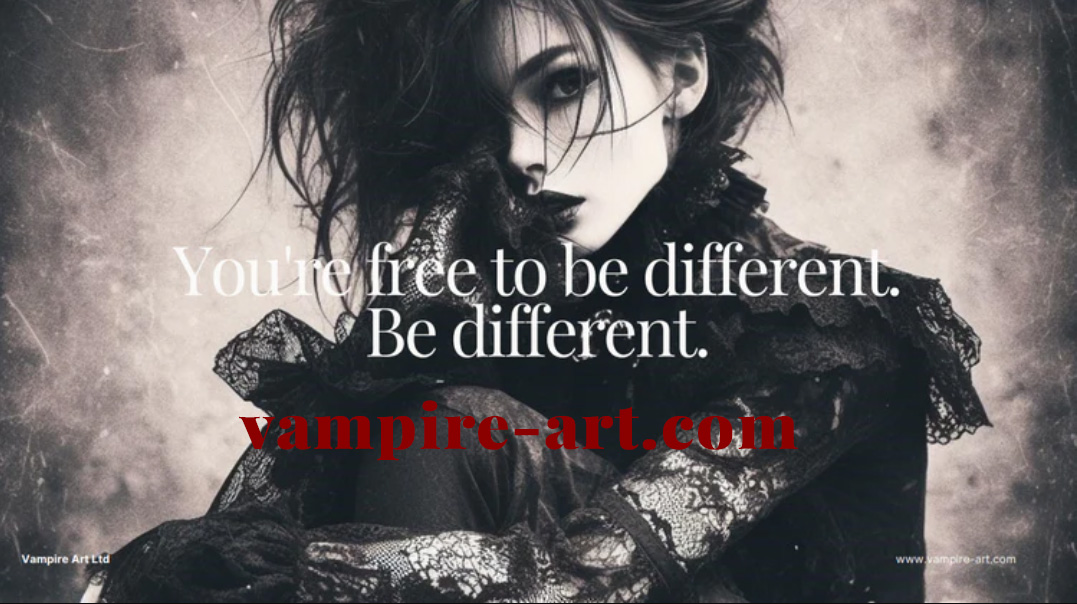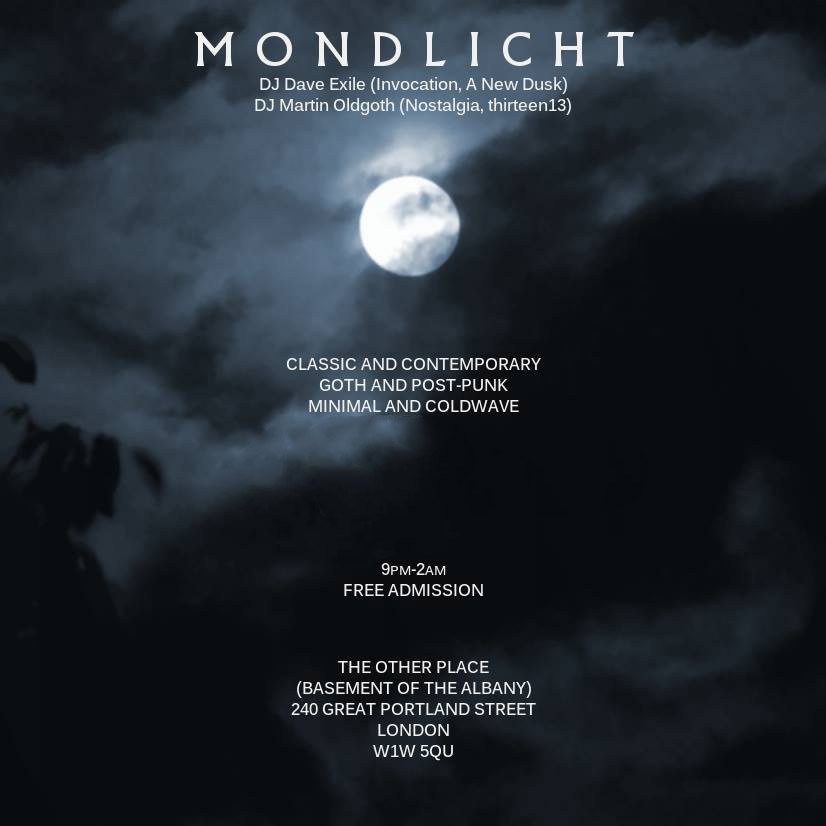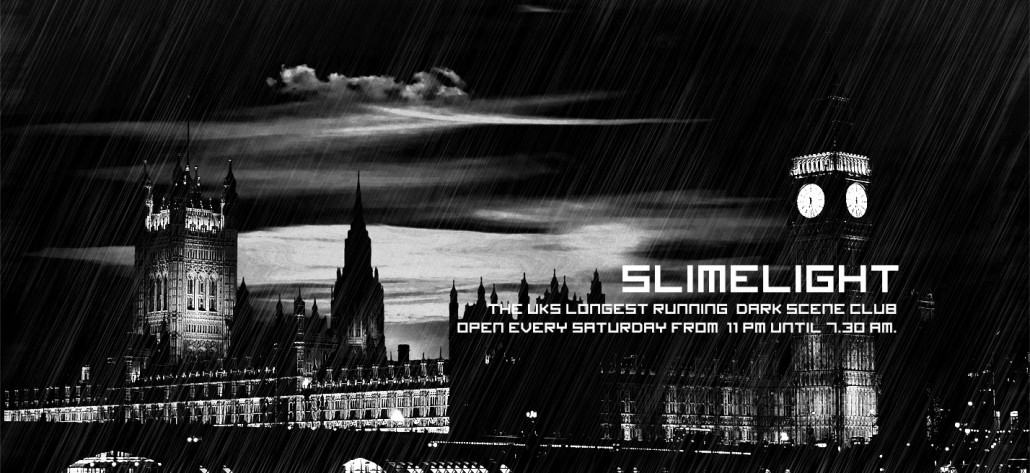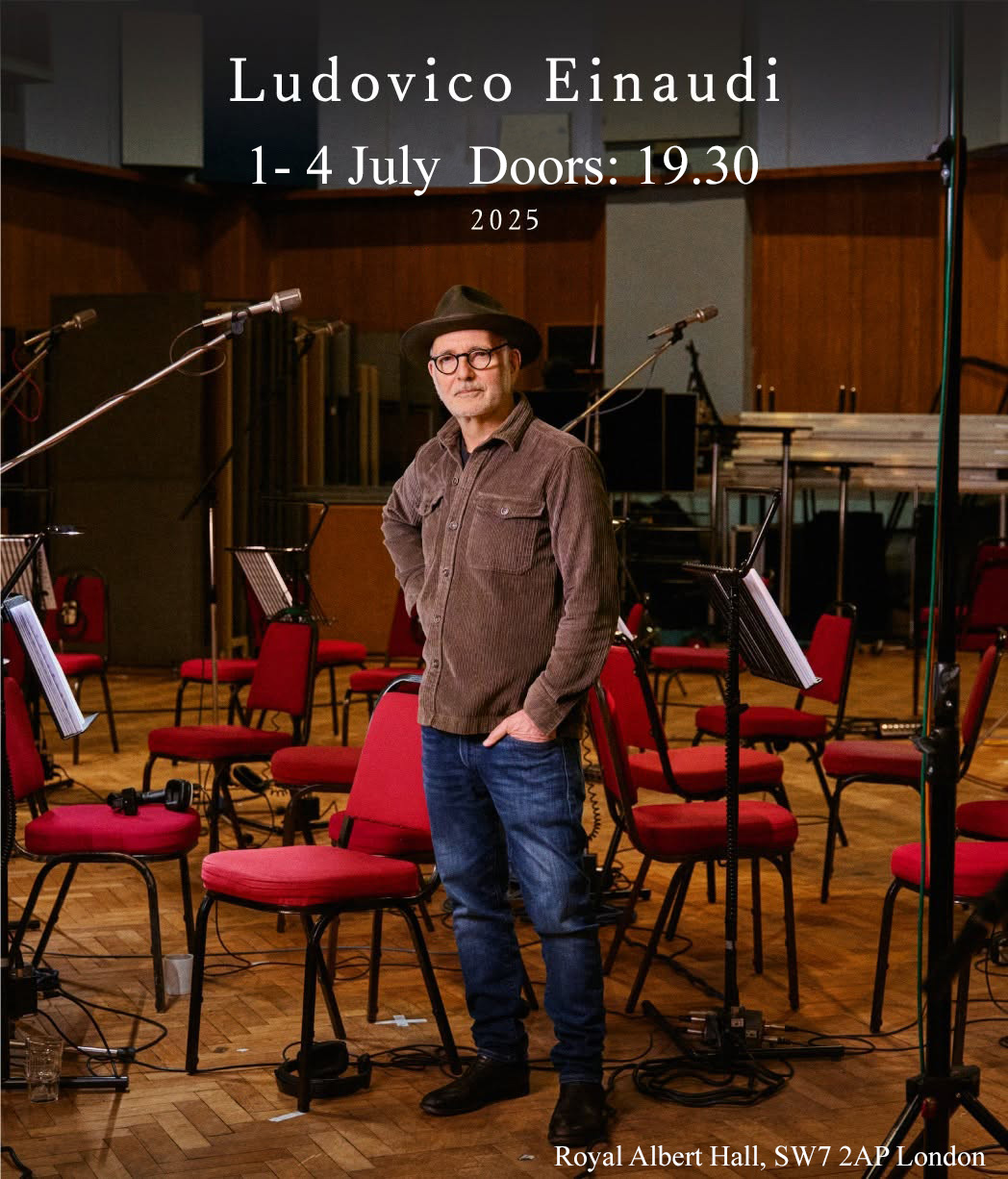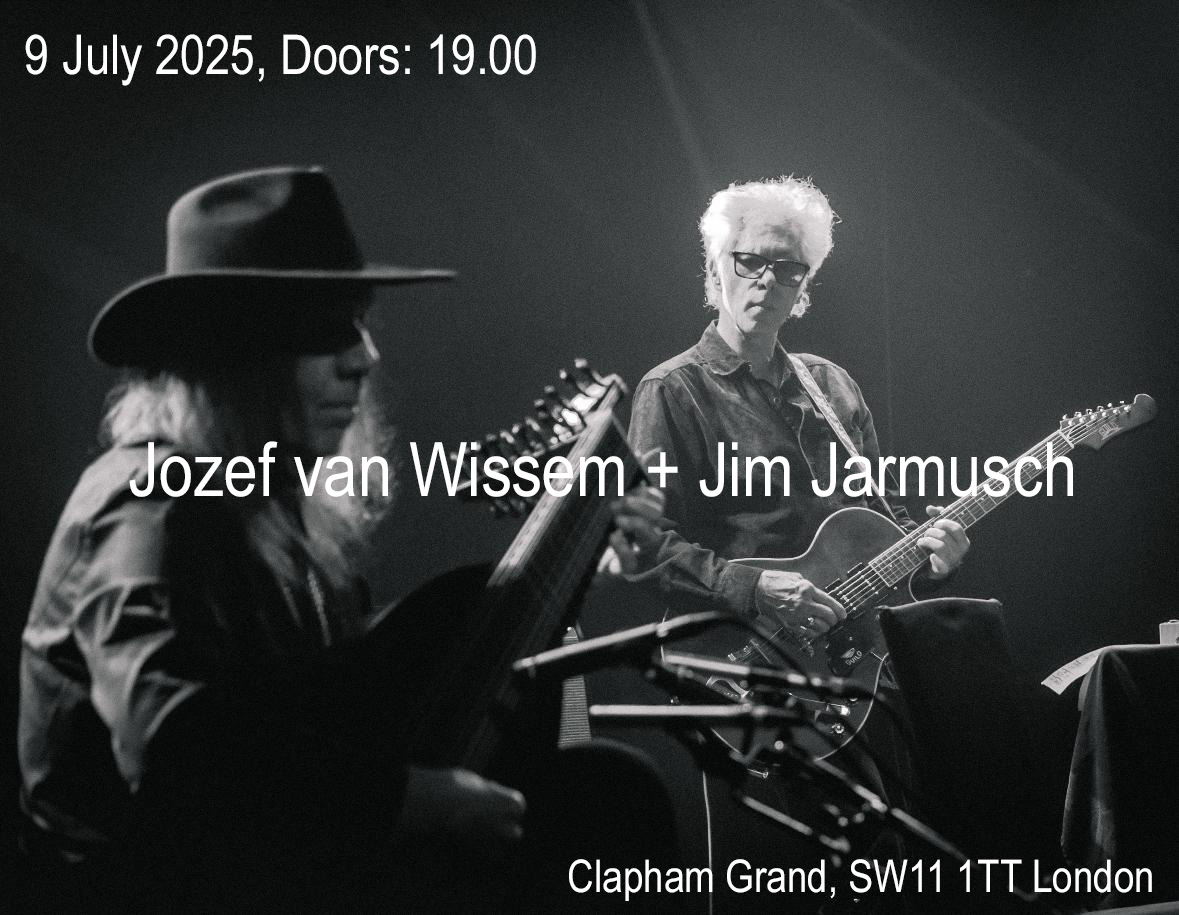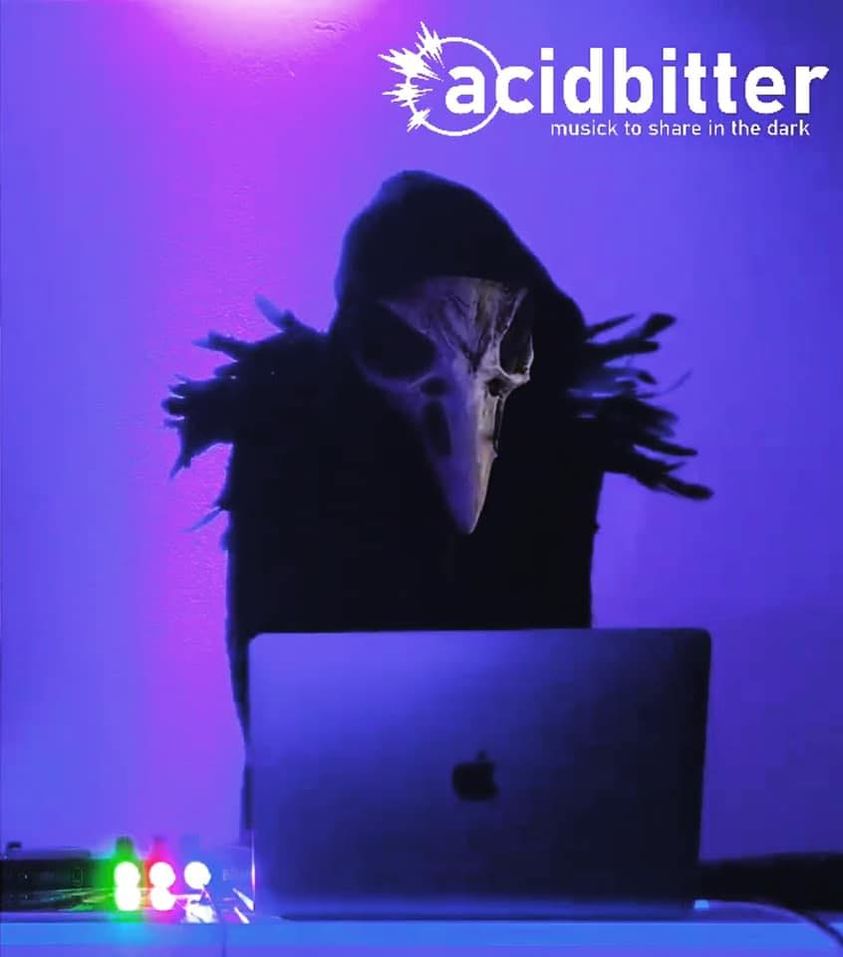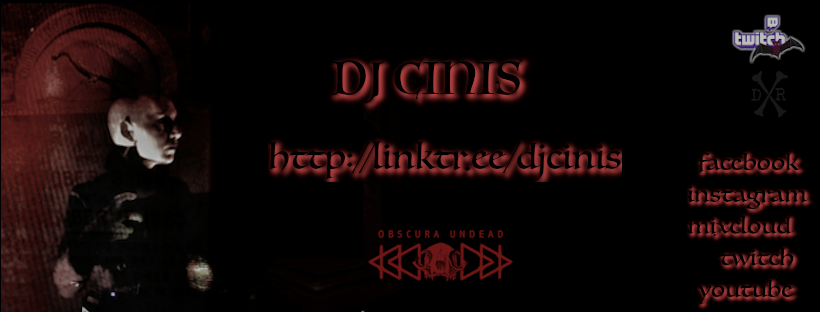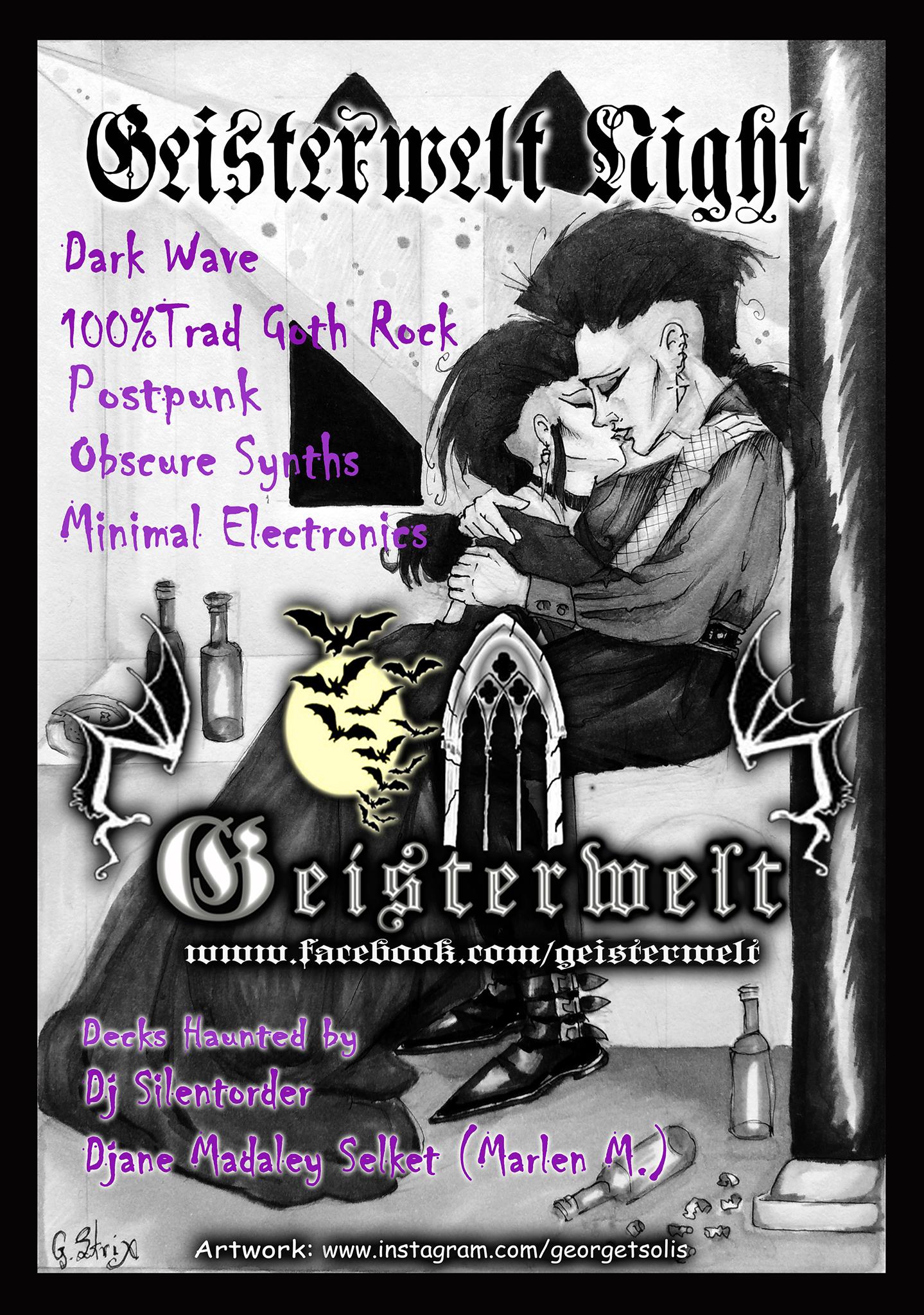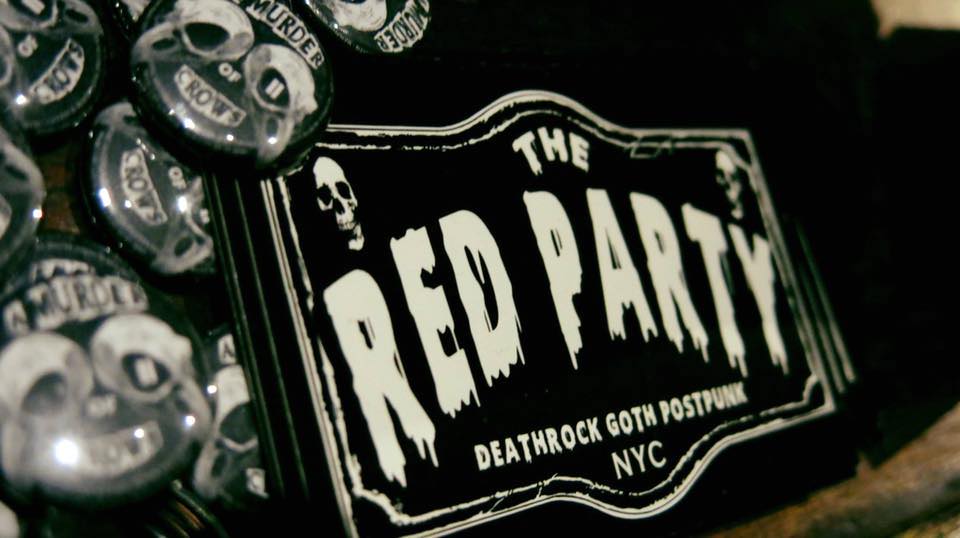This concert aimed at presenting to the audience the latest album of Zbigniew Preisner and Lisa Gerrard entitled ‘Diaries of Hope’ which contains the following songs:
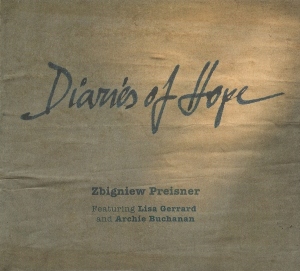 1.From the Abyss/2. Lament/ 3. Dream/ 4.In a Dark Hour/ 5. Epitaph
1.From the Abyss/2. Lament/ 3. Dream/ 4.In a Dark Hour/ 5. Epitaph
It was the beginning of the ‘90s when Preisner and Kieslowski visited Yad Vashem Museum in Jerusalem to see an exhibition dedicated to the children who were victims of the Holocaust. The interior was candlelit as a way of showing respect to the fragile lives of the victims. The childrens’ names together with their places of torment were heard through the song of a Cantor. The atmosphere of the place had a dramatic emotional impact on Preisner so Kieslowski encouraged him to translate these emotions and thoughts to music.
The collection of data (i.e. materials, diaries, letters, notebooks etc) from children of Poland started immediately and soon Preisner concluded that hope was the element that bisected all the surviving records (of the victims). This conclusion formed the primary idea for the creation of the album entitled ‘Diaries of Hope’.
It was the first time that I attended a concert feeling almost petrified, having even hesitated to leave my flat. The day that I found a ticket for this sold out concert, I realised that it was time for me to face my musical demon as well. But let’s come back to this later on.
The album’s title was winking to me sarcastically because it was created by two very important people who deal very seriously with the subject of the victims of the Holocaust: Lisa Gerrard and Zbigniew Preisner. Even though the Barbican was the ideal space for this concert in terms of acoustics, I almost ignored the space soon after the male robust figure of Preisner and the perplexed female voice of Lisa Gerrard appeared on stage and drifted me away in the world of ‘Diaries of Hope’. It occurred to me that the physical analogue of these two people where the rock and the undulation.
In the end though, Preisner’s intentions for this album didn’t leave a memorable musical imprint in terms of performance, emotions and style
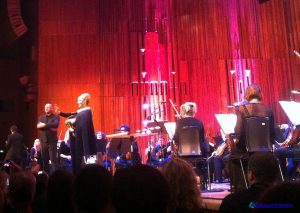 Britten Simfonia string orchestra was facing sideways towards the audience while Preisner, as its conductor had his back turned to the audience. The concert replicated the series of the songs as they are presented in the album, beginning with ‘From the Abyss’. This 12’ song was the musical equivalent of a trumpeter which presages something with hope and worry. The piece itself was not as impressive as a typical piece composed by Preisner and lacked the familiar emotional load.
Britten Simfonia string orchestra was facing sideways towards the audience while Preisner, as its conductor had his back turned to the audience. The concert replicated the series of the songs as they are presented in the album, beginning with ‘From the Abyss’. This 12’ song was the musical equivalent of a trumpeter which presages something with hope and worry. The piece itself was not as impressive as a typical piece composed by Preisner and lacked the familiar emotional load.
My seat permitted me to see closely his expressionless face and at times I thought that, what I was listening to didn’t reveal a majestic canvas of emotions as most of Preisner’s music does.
After a while the atmosphere changed dramatically, Preisner revealed a humbleness disproportionately equal to his body substance, in order to welcome on stage Lisa Gerrard; which as an ethereal being, took her place in front of him facing the audience but actually looking at something out of our reach. My seat permitted me to observe the exchange of sights between them as well as their tiniest facial expressions just before ‘Lament’ commenced. This revealed a very deeply rooted understanding between them and some sort of oscillating constraint even though they both have strong energies which at times seemed to be mutually recanted. I was feeling awkward and was wondering when would fear and the emotional load of one of the older songs embrace me fully. I was specifically thinking about my musical demon, the song ‘Van Den Budenmayer’.
Lisa Gerrard has the ideal voice for expressing the oxymoron of hope within the atrocity of the Holocaust. This voice succeeded at submerging everyone in the audience to his/her own emotional world. At this point I remembered one of my favourite parts from ‘The Book of disquiet’ of Fernando Pesoa. In this part the writer focused on the expressiveness of a person’s back as this person walked in front of the main character of the book. In some weird but very similar way, the position of Preisner on stage replicated in a symbolic way what the book was describing.
After this song finished, Lisa Gerrard walked out of the stage in a very slow pace and Preisner, just like a moving version of ‘The Thinker’ of Rodin walked to the right 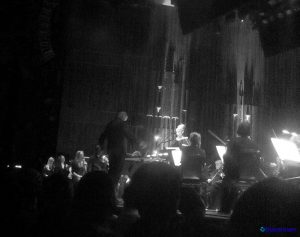 corner of the stage and stopped next to the piano, always facing away from the audience. He kept this position for the rest of this part of the concert. The person who took the place of these two very important musicians, proved to be annoying. This was Archie Buchanan, a young singer promoted as a talent for which everybody was positively predisposed. The printed program informed us that this young singer participated at the royal choir and that one year ago he had sung a song in the royal wedding. Still, the reason for appreciating this young singer just because he was chosen to sing in the royal wedding, was not clear to me and as I soon realised, a lot of people in the audience shared my doubts.
corner of the stage and stopped next to the piano, always facing away from the audience. He kept this position for the rest of this part of the concert. The person who took the place of these two very important musicians, proved to be annoying. This was Archie Buchanan, a young singer promoted as a talent for which everybody was positively predisposed. The printed program informed us that this young singer participated at the royal choir and that one year ago he had sung a song in the royal wedding. Still, the reason for appreciating this young singer just because he was chosen to sing in the royal wedding, was not clear to me and as I soon realised, a lot of people in the audience shared my doubts.
Archie Buchanan sings two tracks in this album, namely ‘Dream’ and ‘In a Dark Hour’. The lyrics of these songs come from Abram Koblowicz’s and Abram Cytryn’s diaries. I started feeling agitated, emotional discomfort and guilt for these feelings. I thought that offering Barbican’s stage and two out of the five songs of this album to this young person’s voice was unthinkable and almost offensive, especially when there are extremely talented young voices in this country which can express really difficult and complex emotions in unique ways. The polished presence of this young musician was almost disrespectful and was standing almost sarcastically towards the writers of those diaries and the circumstances that they faced by losing their lives.
The next song was ‘In a Dark Hour’ which was performed without stage lights until the moment has come for Preisner and the ethereal Lisa Gerrard to rejoin in the middle of the stage. Crouch End’s choir which was at the back of the stage played a major role in this second part of the concert and I started worrying again…
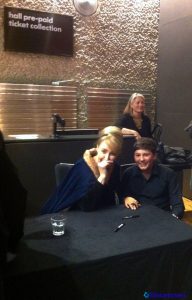 My worries were unfounded. The last song was ‘Epitaph’ and during its performance all emotional defences broke and very few people remained untouched by the melody and Lisa Gerrard’s performance. At the end of this song she offered us the most sincere and spontaneous smile. The applause lasted 5’, a senior citizen walked on stage in order to congratulate Lisa Gerrard personally with a firm handshake. I will never decide whether this applause and the feeling of completeness that everybody shared, gave an end to this concert or whether ‘Epitaph’ was actually the last song that was supposed to be performed. The encore included the repetition of ‘Lament’ and ‘Dream’. There couldn’t have been a more unfit choice for the end of this live performance than the repetition of ‘Dream’. The audience was feeling annoyed and I left with mixed feelings which resulted in making the bad choice of continuing my evening in a gothic metal party.
My worries were unfounded. The last song was ‘Epitaph’ and during its performance all emotional defences broke and very few people remained untouched by the melody and Lisa Gerrard’s performance. At the end of this song she offered us the most sincere and spontaneous smile. The applause lasted 5’, a senior citizen walked on stage in order to congratulate Lisa Gerrard personally with a firm handshake. I will never decide whether this applause and the feeling of completeness that everybody shared, gave an end to this concert or whether ‘Epitaph’ was actually the last song that was supposed to be performed. The encore included the repetition of ‘Lament’ and ‘Dream’. There couldn’t have been a more unfit choice for the end of this live performance than the repetition of ‘Dream’. The audience was feeling annoyed and I left with mixed feelings which resulted in making the bad choice of continuing my evening in a gothic metal party.
Even though I expected that the collaboration of Zbigniew with Lisa Gerrard would offer an emotionally heavy music leading to catharsis, ‘Diaries of Hope’ is a rather mediocre album maybe because the theme itself is already very emotionally loaded. In addition, the fact that Archie Buchanan performs two out of the five tracks in this album cannot be overlooked taking into account the poor quality of his performance.
My ‘demon’, the song ‘Van Den Budenmayer’ didn’t ‘appear’ during this concert and this possibly means that this confrontation will happen in the future. Until then…
